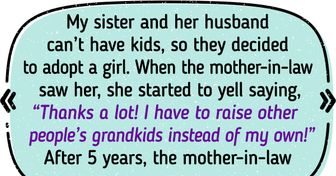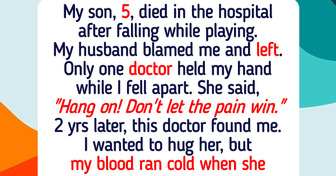8 People Who Shared Unforgettable Childhood Memories
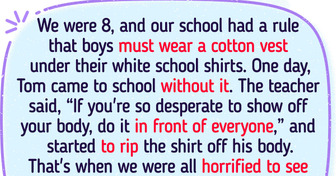
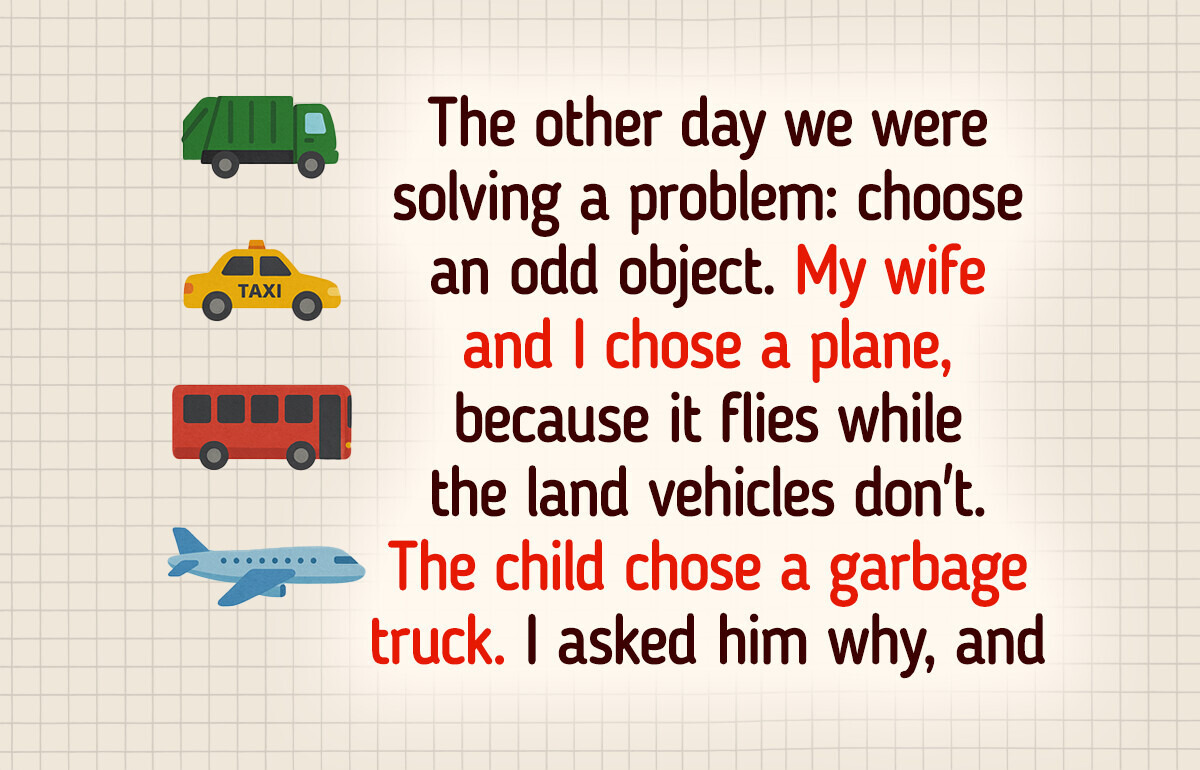
At school, we are often taught how to write, count, or think “in the right way.” And there seems to be nothing wrong about it: order, system, algorithms. But the problem begins where the system leaves no room for our own way of thinking. So, children who think outside the box sometimes face distrust, judgment, or simply get misunderstood.
This article has stories just like this. Someone multiplied numbers in a non-traditional way and confused teachers, and someone wrote an essay “not like they were asked for,” and thanks to this they got their first well-deserved A.
The article uses images generated by artificial intelligence.
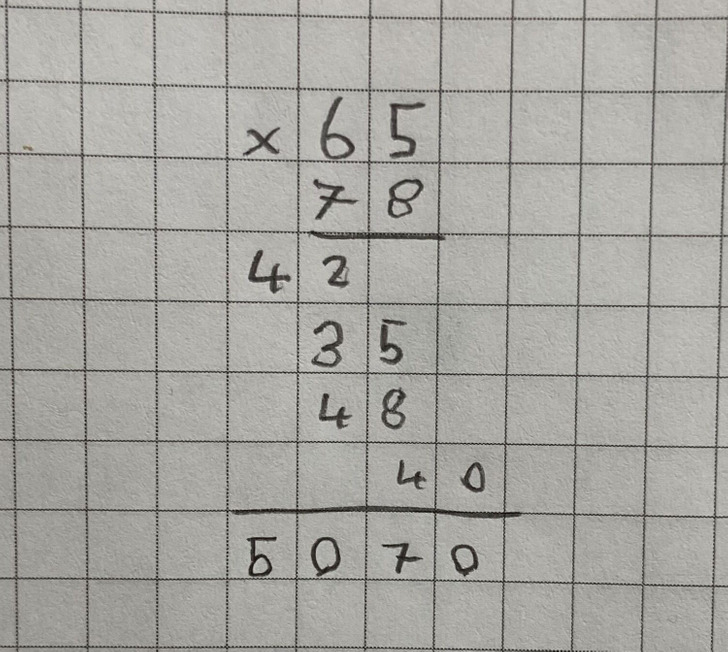
— No math errors, I said. — Congratulations! You have a child in your class who has done something that millions of schoolchildren can’t think of... multiplied numbers in his own way.
— What am I supposed to do with him?
— Let him multiply like this. Show him the normal way, let him choose which is better.
— He’ll choose, but how do I check the solution? And when he gets to secondary school, how will the math teachers feel about it?
What can I say? People with out-of-the-box thinking do have a hard time — not because they can’t cope, but because the world around them works in a different way. © smile2 / Pikabu

And these stories prove that children feel the world differently.


